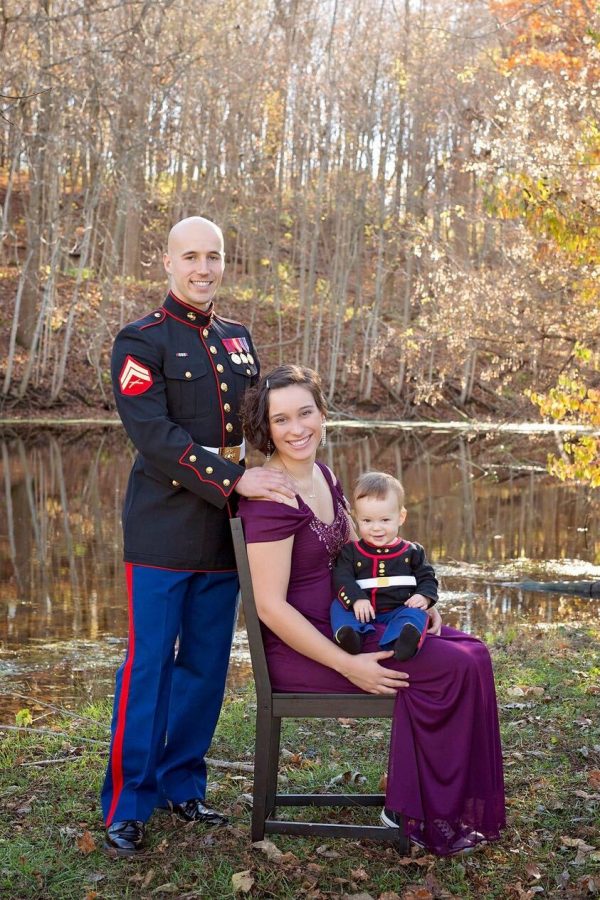COD Veteran Reflects on Afghanistan Withdrawal After 20 Years
September 13, 2021
After 20 years, the United States withdrew all soldiers from Afghanistan ending the longest war in American history.
According to Veterans Services, the COD community includes 1,000 students consisting of veterans, active-duty service members, National Guard, Reserves and family members. One member of this community is U.S. Marine Corps veteran, Christopher Robinson. He served from 2009 to 2013 and is part of the team in Veterans Services at COD.
Although Robinson did not deploy to Afghanistan, he hasn’t been insulated from loss; friends have died and others have been severely injured. These are topics he honors with quiet reverence. His feelings regarding the occupation of Afghanistan are decisive. Robinson believes the war should have ended much sooner. Like most people, he finds it difficult to address how the situation has been ultimately handled.
When asked whether he is annoyed by the strategy deployed by the United States he said, “There are just so many different things going on, it’s hard to talk about it all at once.”
Robinson thinks the withdrawal was handled very poorly. He would like to see people take responsibility for the mistakes made to prevent them from happening again.
“Maybe have some people look over the whole situation and say, ‘This definitely went wrong here.’”
He drew parallels to Vietnam and the similarities between the two wars with the hope that America can finally learn the lessons that will prevent the same mistakes by another generation.
Left to speculate, Robinson isn’t sure how the United States could have handled things differently. He explains that even with the best intentions, America was unable to win the trust of the Afghans. He theorized their reluctance came from the fear of eventual community alienation and the desire to protect their families.
“Everyone is just trying to survive. Whatever way they can protect themselves and their families and get money, they will do.”
He talked about a conversation he had with a friend who was stationed in Afghanistan. His friend knew that what they were doing was not going to make a difference for the Afghan people. America was hoping to change centuries of culture, and the goal seemed unachievable.
Robinson speculated the fear of abandonment by the Afghan people is another reason the American soldiers found it hard to gain their trust. He makes an argument for the Afghans’ reluctance to trust outsiders, even with the good intentions of helping them.
“How long are you going to be here to protect us from those terrorist organizations? 5 years, or 10 years, or 20 years…. eventually you are not going to be here forever, and how do I know that they don’t come back and kill my family or hurt my kids or anything crazy like that.”
After 20 years, the United States has left Afghanistan in the hands of its citizens. The Taliban interim government is composed of all men. Women and men are starting to be segregated expressing doubt about the Taliban’s ability to govern the country after reports of violence against women, protestors and journalists.
Just as people came together to show support for this country and those that served after the 9/11 attacks, that same sentiment is crucial for those men and women returning home from Afghanistan. Robinson recommends any veteran struggling should seek help. Aurora Vet Center offers therapy and other assistance for veterans. According to the website, they offer group sessions, tai chi, yoga, mediation, PTSD, sleep hygiene, gardening, horse activities, woodworking and writing. There are resources and people ready to help service members with any issues with which they need assistance, including the Veteran Services at COD.




















